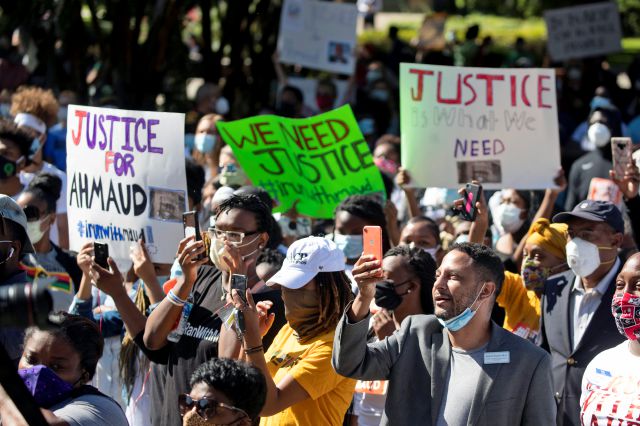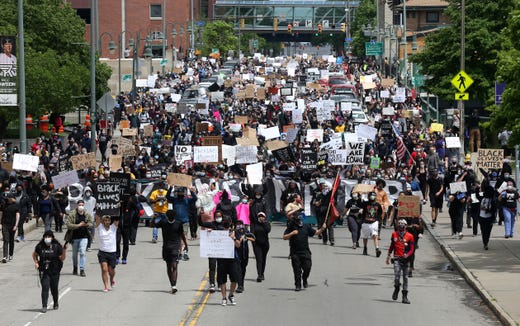From the mouths of infants and nursing children, you established strength (power, might, boldness) for the sake of your being distressed (being bound up), for the ceasing of the adversary (or, the hate) and the avenging of oneself (Psalm 8:2, Karen Jenkins Translation, KJT).
The national and global protests concerning racism has created an opportunity. Now is the time for those who have experienced hatred because of their ethnic origin to share their personal experiences so that the broader public may be aware of its prevalence and, perhaps, be moved to being agents of healing and transformation not only in our work places, churches, government institutions, private institutions, organizations, businesses, and academic settings, but also in biased approaches within systems, structures, and procedures. However, many people of color have been apprehensive about sharing their experiences of racism for a variety of reasons.
Do we create safe places for people of color to share their stories?

Many blacks have remained silent concerning racism. Some fear that if they speak up about discrimination or injustice that there may be backlash in the form of losing their employment or leadership positions that they struggled to achieve. They might also fear being ostracized from important groups that have the potential to advance their upward social mobility. And they might fear being labeled as a troublemaker.
Some blacks have also feared speaking about their experiences of racism because of the inablity of others to see it. Some blacks have been told by others that it is unlikely that whatever he or she may have experienced was racism, that what they perecieved were ratially motivated micro-aggressions were not acts of discrimination, hatred, or hostility, and that they were jumping to the wrong conclusions. Furthermore, some blacks may be reluctant to share their stories because of fear of invoking more hatred, aggression, or unjust treatment towards themselves. In sum, many people of color may fear speaking up because of the harm that it may cause them and their families if they do. So, they may stifle their objections, observations, and opinions (including their theological and political beliefs) in favor of not wanting to add undue hardship to their lives by arousing the anger and contempt of those who have contrary worldviews. However, in our present time, with new platforms in public spaces where stories may be shared and people of color may have thier voices heard, we are breaking the silence.


What feelings stir within when people of color voice their protests about perceived racial injustices?
To everything is an appointed time, to everything is a longing under the heavens (Ecc 3:1, KJT). Because of the public platforms, those who are supportive and eager to listen and make necessary attitude and behavioral changes, and those who are bravely sharing their pain and their protest, now is the appointed time for all people of all races to protest racism and racial inequalities in our nation and in our world. We, as a people, long for something more under the heavens. We long for a new era of social reconciliation whereby we do not regress to former unjust patterns of living that benefits the few, but where we move forward to a new age of solidarity that empowers us all. By taking progressive steps forward to make reparations for the racial trauma that many people have suffered, whether personally or vicariously, our children may follow our example and have a more humane and compassionate world in which to mature and thrive.

To my black brothers and sisters, I pose a challenge considering Psalm 8:2 (#Psalm8Challenge). As people made in God’s image, be emboldened for the sake of your distress. For too long, many black voices have been bound. But God is saying, “Now is the time for unbinding, now is the time to come out!” By sharing our stories, and by all people groups working together for the common good, hatred may cease. And when hatred ceases, we may enjoy a just, equitable world where all people enjoy the goodness and beauty of God’s creation.
What hinders you from sharing your story? #Psalm8Challenge
Written by Rev. Karen Jenkins



